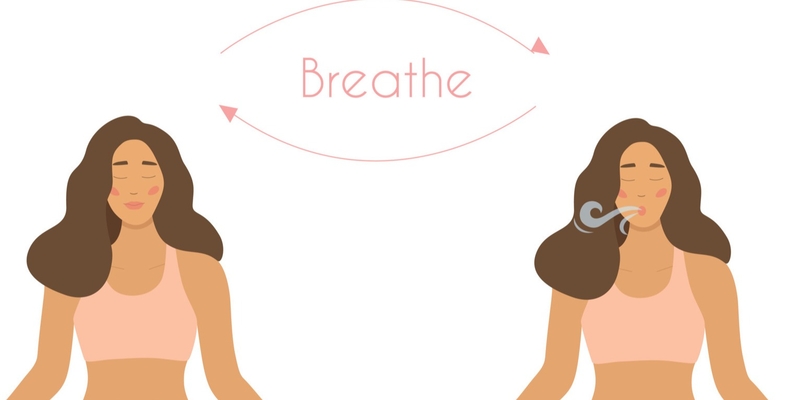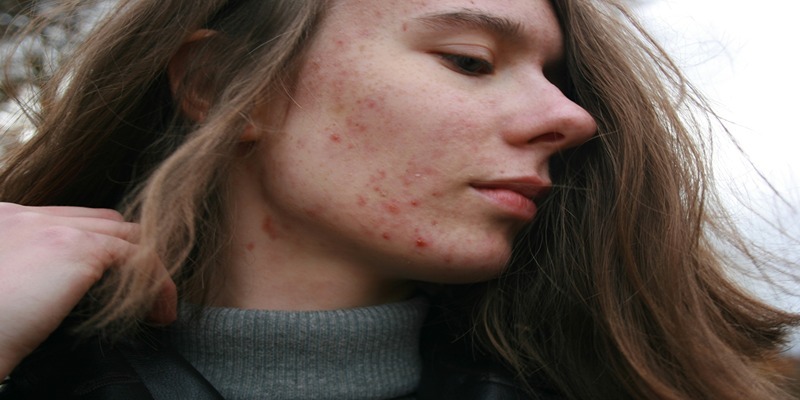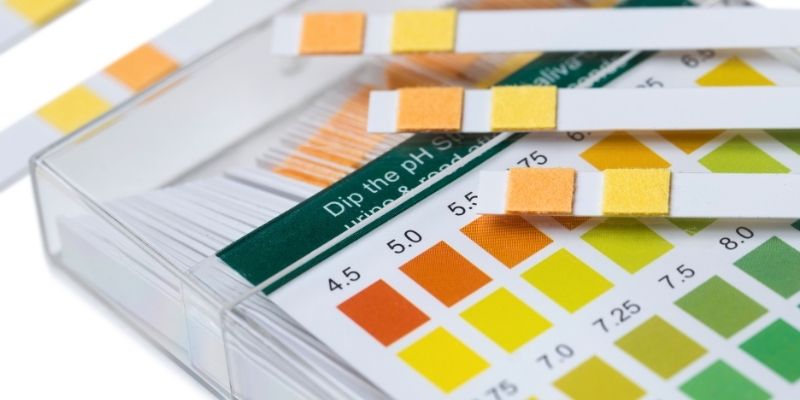Persistent delusions, or erroneous beliefs that substantially impair an individual's capacity to detect reality, characterize delusional disorder, an uncommon but severe mental health illness. Delusions with this disease are more realistic and entail things like being followed, poisoned, or loved from a distance, unlike those in other psychotic disorders. Its uniqueness distinguishes it from other mental illnesses, in which delusions are just one symptom among many. Delusional disorder is an essential mental health condition to understand since it may have a negative effect on a person's behavior and overall well-being, causing them emotional and practical difficulties in their personal and professional lives.

Delusional Disorder Symptoms: Recognizing the Signs
Types of Delusions in Delusional Disorder
Persistent and irrational beliefs in something that does not exist, known as delusions, are the hallmarks of delusional disorder. There are usually a number of subtypes of these illusions. The idea that another person, usually someone of greater rank, loves the sufferer is at the heart of egotistical illusions. Exaggerated beliefs about one's own significance, competence, authority, or identity define grandiose delusions. The notion that one's spouse is disloyal without sufficient proof is a hallmark of jealous-type delusions.
Often incorporating perceived physical flaws or medical issues, somatic delusions center on physiological processes or feelings. Belief in being the target of a conspiracy, betrayal, spying, poisoning, or deliberate slander is known as a persecutory delusion. In mixed-type illusions, features from more than one category coexist, with no one category taking center stage.
Common Symptoms and Behavioral Patterns
A wide variety of symptoms and patterns of behavior may be shown by persons with delusional illnesses, in addition to the particular forms of delusions. One of them is a severe fixation on delusional ideas, which may cause a great deal of emotional and psychological suffering. People with delusions may not act irrationally or strangely, and they may not display the disarray seen in other forms of psychosis.
Unless the delusions themselves have a major impact on their functioning, they may not be severely hindered in social or occupational situations. However, when confronted with reality that contradicts their beliefs, they may withdraw socially or display negative emotions like rage, impatience, or depression. Because people with a delusional illness often do not willingly seek care, mostly because they do not realize how irrational their ideas are, it is critical to recognize these indicators in order to intervene early.
Types of Delusions: Unraveling the Mind
Grandiose Delusions
Delusional disease is associated with grandiose delusions, which include inflated notions of one's own significance, authority, expertise, identity, or connection to a notable person or supernatural being. Delusional thinkers may mistakenly assume they are special, have discovered a groundbreaking discovery, or are predestined to achieve great success. They could act completely irrationally if they believe they are a renowned or historically important figure.
Because people may act on these ideas, delusions may cause major problems in their social, professional, and financial lives. Someone may spend a lot of money on a project they have no interest in completing or demand to meet with renowned people they think they have a connection to if they are deluded. The difficulty in acknowledging the unfoundedness of grandiose delusions, even in the face of contradictory evidence, stems from the extreme conviction with which these ideas are maintained.
Persecutory Delusions and Their Impact
Another prevalent form of delusional illness is persecutory delusions, in which the person feels that they are the target of a conspiracy, betrayal, spying, intentional slander, or harassment. The person really feels they are in danger or being persecuted, which may create severe anguish and worry due to these delusions.
When people experience this kind of illusion, they may act aggressively or defensively as a kind of self-defense against the imagined oppression. As a consequence, people may engage in conflicts with law enforcement or the judicial system on a regular basis as they seek justice or revenge via the courts. Isolation, suspicion, and reluctance to interact with others out of fear of more persecution may have a significant influence on everyday life.

Delusion Treatment Methods: Strategies for Recovery
Psychotherapy Approaches
The goal of psychotherapy for people with delusional illness is to help them become more self-aware, which in turn allows them to change their delusional beliefs and lessen their influence in everyday life. In particular, cognitive-behavioral therapy (CBT) has shown promising results in helping patients recognize and overcome false ideas and ways of thinking. Patients with delusions learn to challenge their veracity and cultivate more healthy ways of thinking via cognitive behavioral therapy.
In supportive treatment, patients are given a safe environment in which to talk about how they are really feeling. The therapist and patient work together to establish rapport and provide one other with emotional support and direction in this kind of treatment. Psychoeducation is a crucial component of therapy as well. It entails informing patients and their families about the problem, its symptoms, and the need for continuous treatment and support. Mental health illnesses are sometimes shrouded in shame and isolation, but this helps to alleviate some of that.
Medication and Supportive Therapies
The treatment of delusional disorder often involves the use of medication in addition to psychotherapy. One of the most popular ways to alleviate delusions and their symptoms, such as agitation and anxiety, is with antipsychotic medication. The precise symptoms, medical background, and reaction to therapy dictate the drug and dose selection process.
Medication is only one part of the healing process; supporting treatments, like learning to cope with stress and making other behavioral changes, may make a huge difference. Stress management, general mental health, and the efficacy of other treatments may all be improved by practices like mindfulness, regular physical exercise, and relaxation training.
Conclusion
Understanding the multifaceted nature of delusional illness and treating it both provide challenging problems. Psychotherapy, medicine, and supportive treatments must be integrated in a sophisticated manner for this illness to be effectively managed. The secret is in individualized treatments that target specific problems and promote better ways of thinking. Treatment outcomes are improved when patients are educated, and their support systems are actively involved. The significance of early diagnosis and a thorough, compassionate treatment strategy is shown by the fact that, despite the complexity, people with delusional illnesses may make substantial changes to their lives with consistent and caring care.







